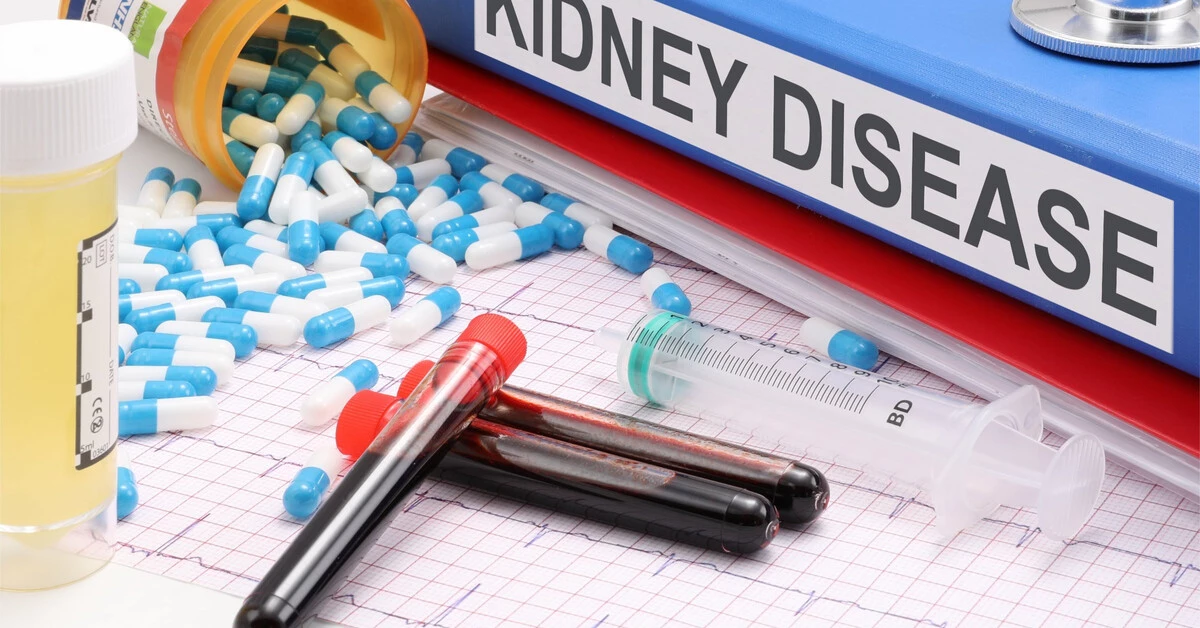Introduction
A kidney transplant is a life-changing surgery that can restore kidney function and improve quality of life. However, it is important to follow a healthy diet after a kidney transplant to avoid complications and maintain long-term health.
Eating a healthy diet is essential for everyone, but it is especially important for people who have had a kidney transplant. The right diet can help to:
- Control blood pressure
- Manage blood sugar levels
- Maintain a healthy weight
- Reduce the risk of infection
- Improve overall health and well-being
Dietary Guidelines for Kidney Transplant Recipients
Here are some general dietary guidelines for kidney transplant recipients:
- Limit fluids: The amount of fluids you need to drink will depend on your individual circumstances, but a good starting point is eight to ten glasses of water per day.
- Choose lean protein sources: Lean protein sources include chicken, fish, tofu, and beans.
- Limit sodium intake: Most people should aim to consume no more than 2,300 milligrams of sodium per day. However, kidney transplant recipients may need to limit their sodium intake to 1,500 milligrams or less per day.
- Eat plenty of fruits and vegetables: Fruits and vegetables are low in calories and fat and high in nutrients that are essential for good health.
- Choose whole grains over refined grains: Whole grains are a good source of fiber, which can help to lower cholesterol and blood sugar levels.
- Limit saturated and trans fats: Saturated and trans fats can raise cholesterol levels and increase the risk of heart disease.
Additional Tips for Healthy Eating
In addition to following the general dietary guidelines, there are a few additional tips that kidney transplant recipients can follow to stay healthy:
- Cook at home: This will give you more control over the ingredients in your food.
- Read food labels carefully: Pay attention to the amount of sodium, potassium, and phosphorus in the foods you eat.
- Talk to your doctor or dietitian: They can help you create a personalized diet plan that meets your individual needs.
Conclusion
Eating a healthy diet is an important part of maintaining good health after a kidney transplant. By following the general dietary guidelines and additional tips, you can help to reduce your risk of complications and improve your overall quality of life.
FAQ
Q: What are some good snacks for kidney transplant recipients?
A: Some good snacks for kidney transplant recipients include fruits, vegetables, nuts, yogurt, and whole-wheat crackers.
Q: What should I avoid drinking after a kidney transplant?
A: You should avoid alcohol and sugary drinks after a kidney transplant.
Q: How much exercise do I need after a kidney transplant?
A: Talk to your doctor about how much exercise is right for you.
Q: What are the signs of kidney transplant rejection?
A: Some signs of kidney transplant rejection include fever, rash, fatigue, and swelling in the hands or feet.
Disclaimer
This article is for informational purposes only and should not be considered medical advice. Please consult with your doctor or dietitian for personalized recommendations.

Thanks for sharing. I read many of your blog posts, cool, your blog is very good.